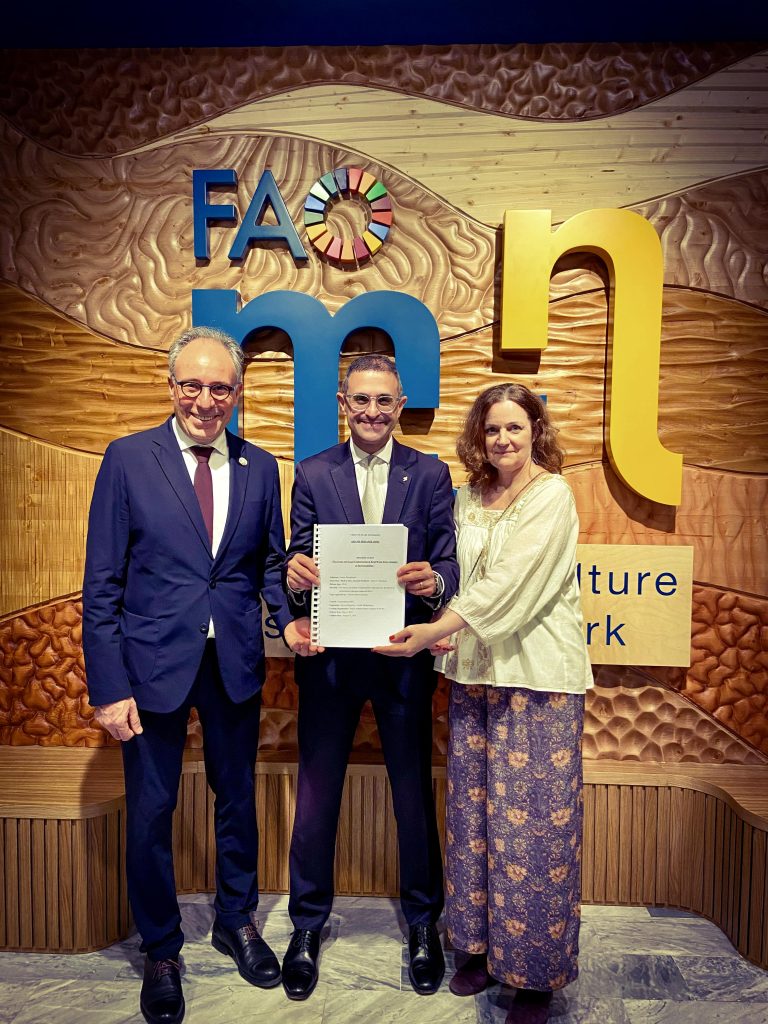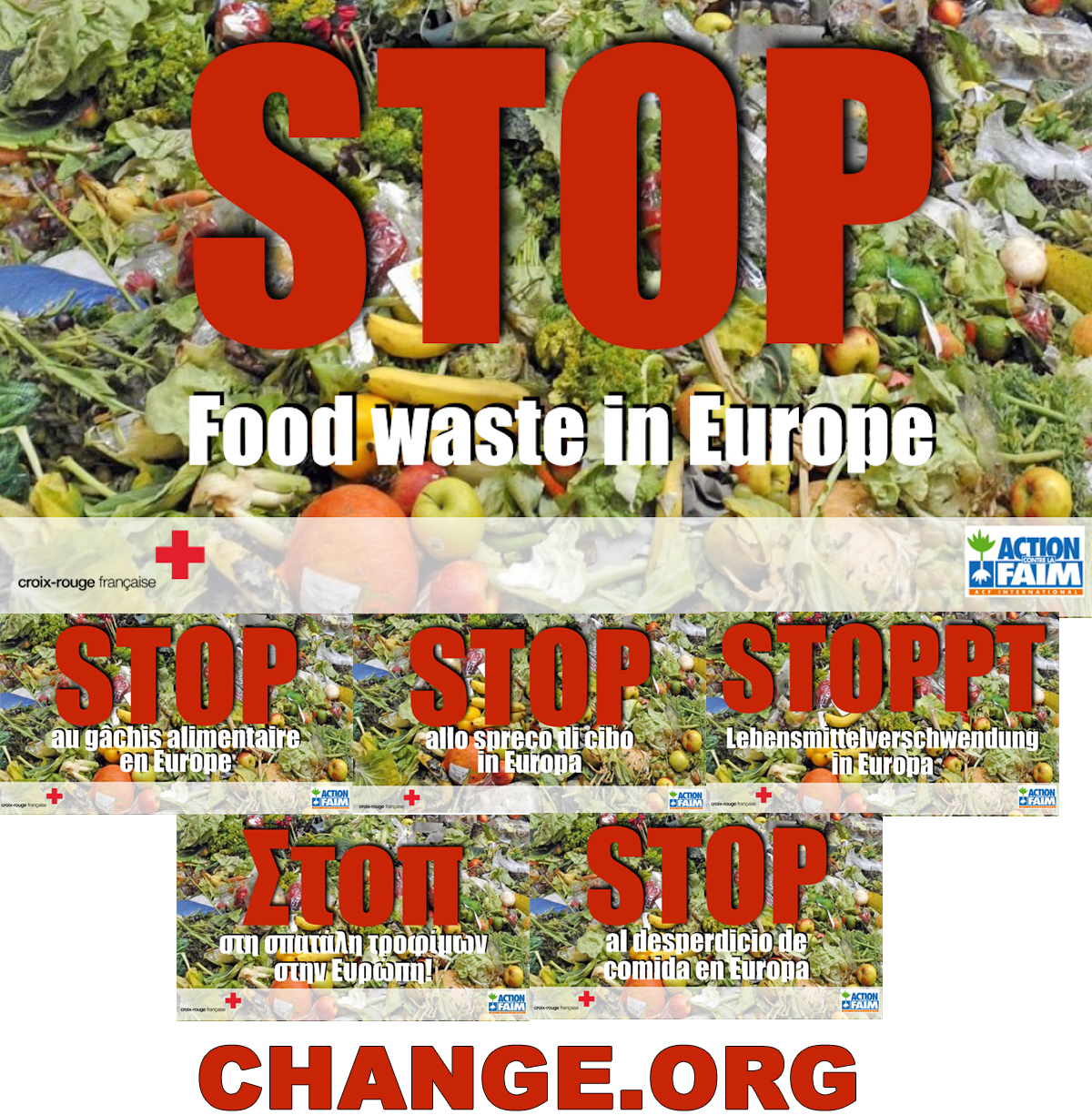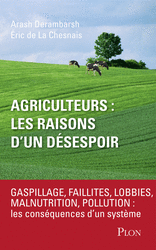Le 30 mai 2025 à l’University State de Yerevan (Arménie), Arash Derambarsh a soutenu en anglais une thèse de droit intitulée « The Issues and Legal Controversies of Food Waste from Antiquity to the Present Day » (« Les enjeux et controverses juridiques du gaspillage alimentaire de l’Antiquité à nos jours »).
Vous pouvez consulter et lire la thèse d’Arash Derambarsh ici sur le site de HAL sciences qui est une plateforme pluridisciplinaire nationale pour le dépôt et la consultation des écrits, travaux et résultats de recherches scientifiques des chercheurs et enseignant-chercheurs : https://hal.science/tel-05232809v1.
Par ailleurs, il a publié de nombreux articles juridiques et académiques dans de prestigieux journaux scientifiques. Il s’est également exprimé au sein de grands médias français et internationaux.
Voici ses différentes publications juridiques et scientifiques sur différents thèmes (droits internationaux, histoire du droit, gaspillage alimentaire, droit pénal, droit de l’environnement,…).
ORCID : https://orcid.org/0009-0001-9890-8118
ACADEMIA : https://arashderambarsh.academia.edu/
Site Personnel : https://www.arashderambarsh.eu/publications-juridiques
Arash Derambarsh est depuis diplômé d’un Doctorat de Droit (PhD in Law).
Résumé de la thèse :
« Households on every continent wasted more than a billion meals a day in 2022, while 783 million people were affected by hunger and a third of humanity faced food insecurity. Food waste continues to harm the global economy and fuel climate change and pollution as well as the degradation of nature. These are the main findings of a report by the United Nations Environment Programme (UNEP) released today, ahead of the International Zero Waste Day. 1 Food waste is a global tragedy. Indeed, millions of people are going hungry today because food is wasted around the world. Our research therefore touches on a current problem and concrete answers will provide solutions that have not been thought of and implemented. This thesis examines the issue of food waste from antiquity to the present. The analysis is based on legal and historical standpoint. More specifically, it seeks to identify correlation between the rise of poverty and an outmoded and unregulated agri-food system. The objective is to examine and define the nature of food waste. As well, to address its various issues and consequences. To underscore the dysfunctions, particularly in large-scale distribution. Also, to catalog the extensive legislative and regulatory measures regarding the waste management and prevention. The differences between these various projects and states from across the world will also be compared in this study. Our results highlight many options that can improved regulation. These options include: field work with various political, social, legal, and agri-food industry players. As well as analyzing various diagrams and scientific and legal data. ln order to lessen hunger occurring from the supply chain constitutes of producers, distributors, and consumers. As a result, we are proposing a more ethical paradigm for the global food chain. Hunger remains a global crisis, with staggering statistics highlighting the paradoxical coexistence of food waste and food insecurity. Despite advancements in food production, distribution, and preservation, a significant portion of the world’s population still suffers from hunger and malnutrition ».
Soutenance officielle enregistrée sur le site officiel de l’Université : https://www.ysu.am/councils/dissertations/75998



 Man who forced French supermarkets to donate food wants to take law global
Man who forced French supermarkets to donate food wants to take law global Arash Derambarsh en guerre contre le gaspillage
Arash Derambarsh en guerre contre le gaspillage France - Arash Derambarsh, l’élu français qui veut éradiquer la faim dans le monde
France - Arash Derambarsh, l’élu français qui veut éradiquer la faim dans le monde Le défi d'Arash Derambarsh contre le gaspillage alimentaire - Afrique - RFI
Le défi d'Arash Derambarsh contre le gaspillage alimentaire - Afrique - RFI


